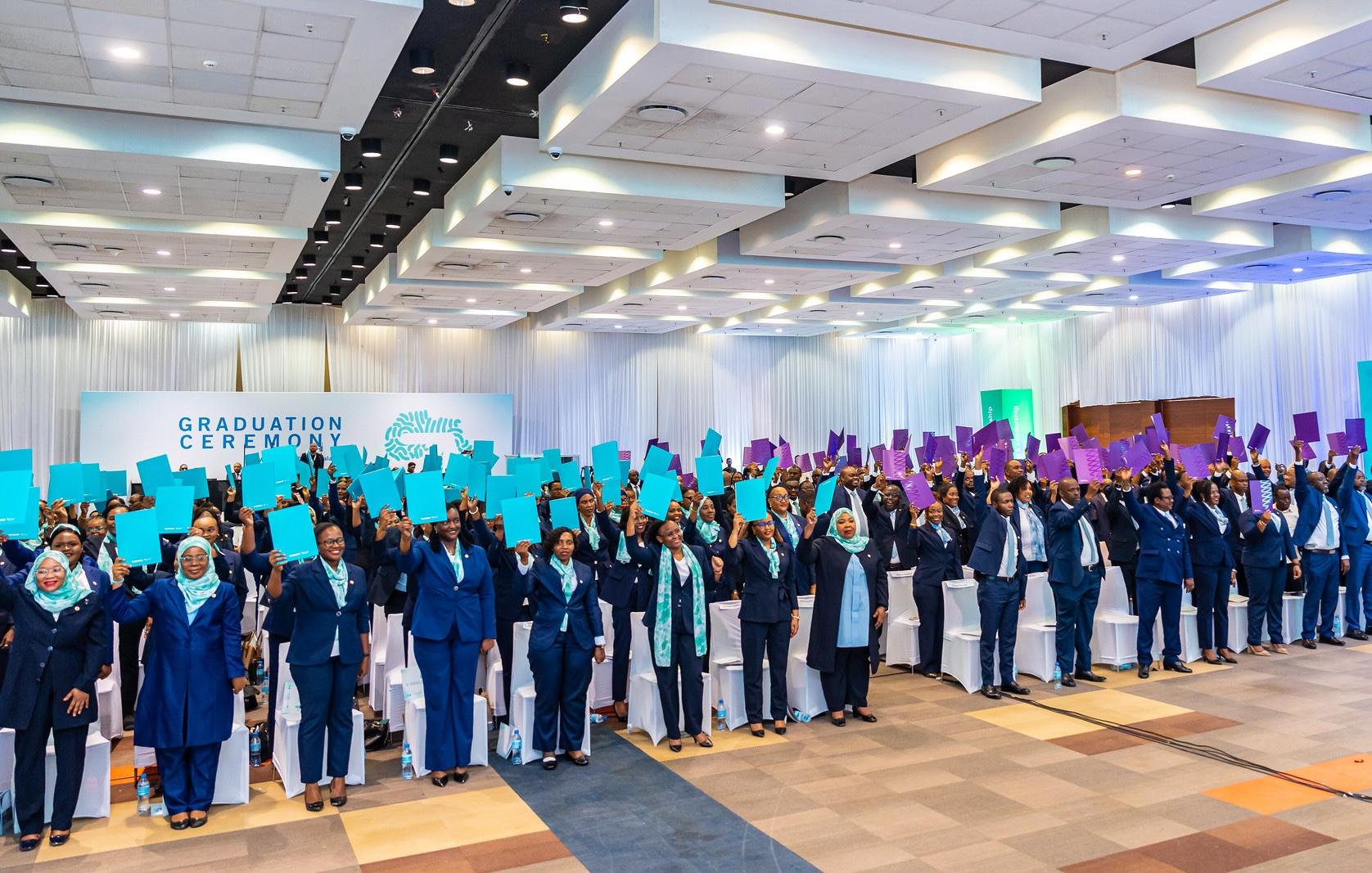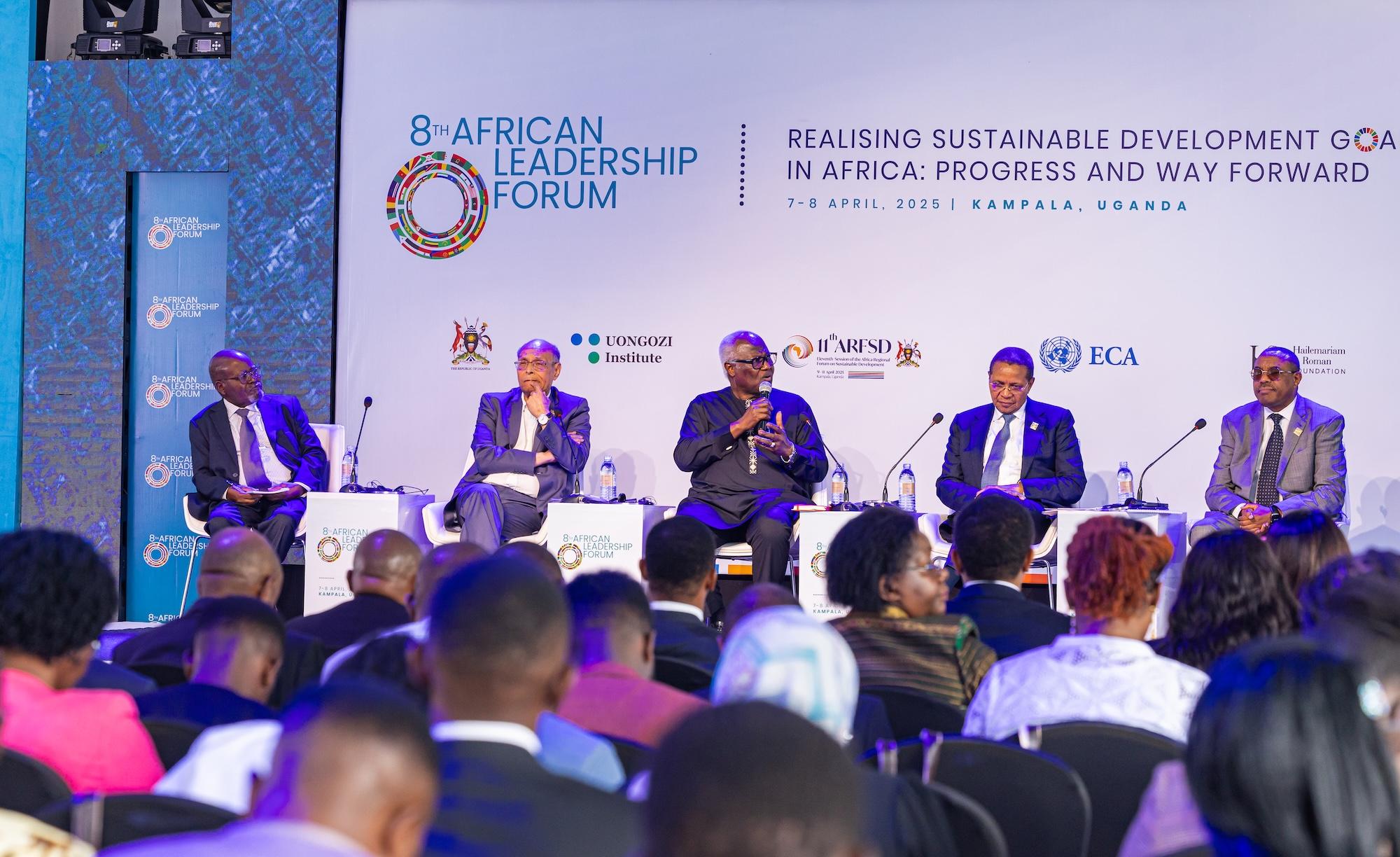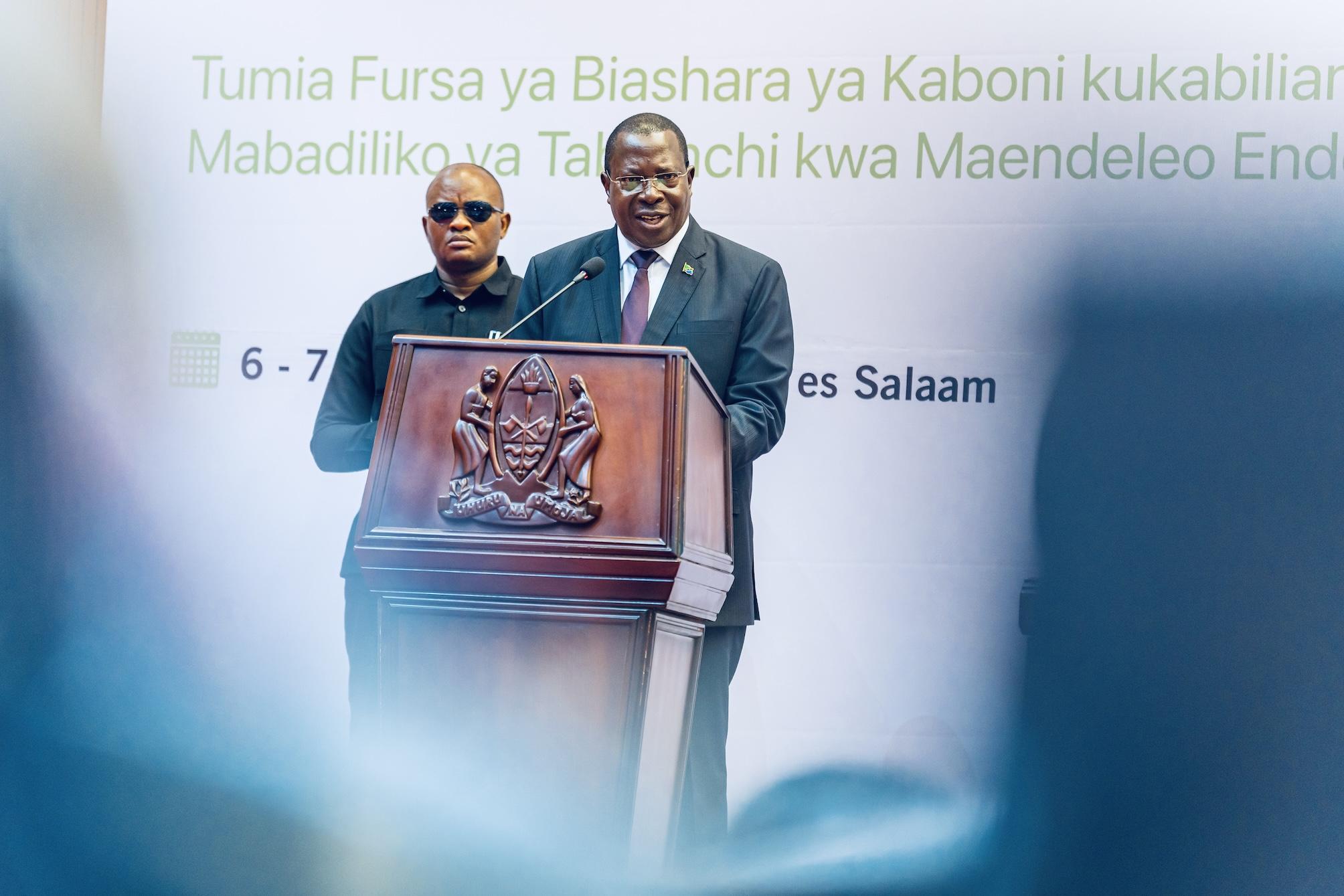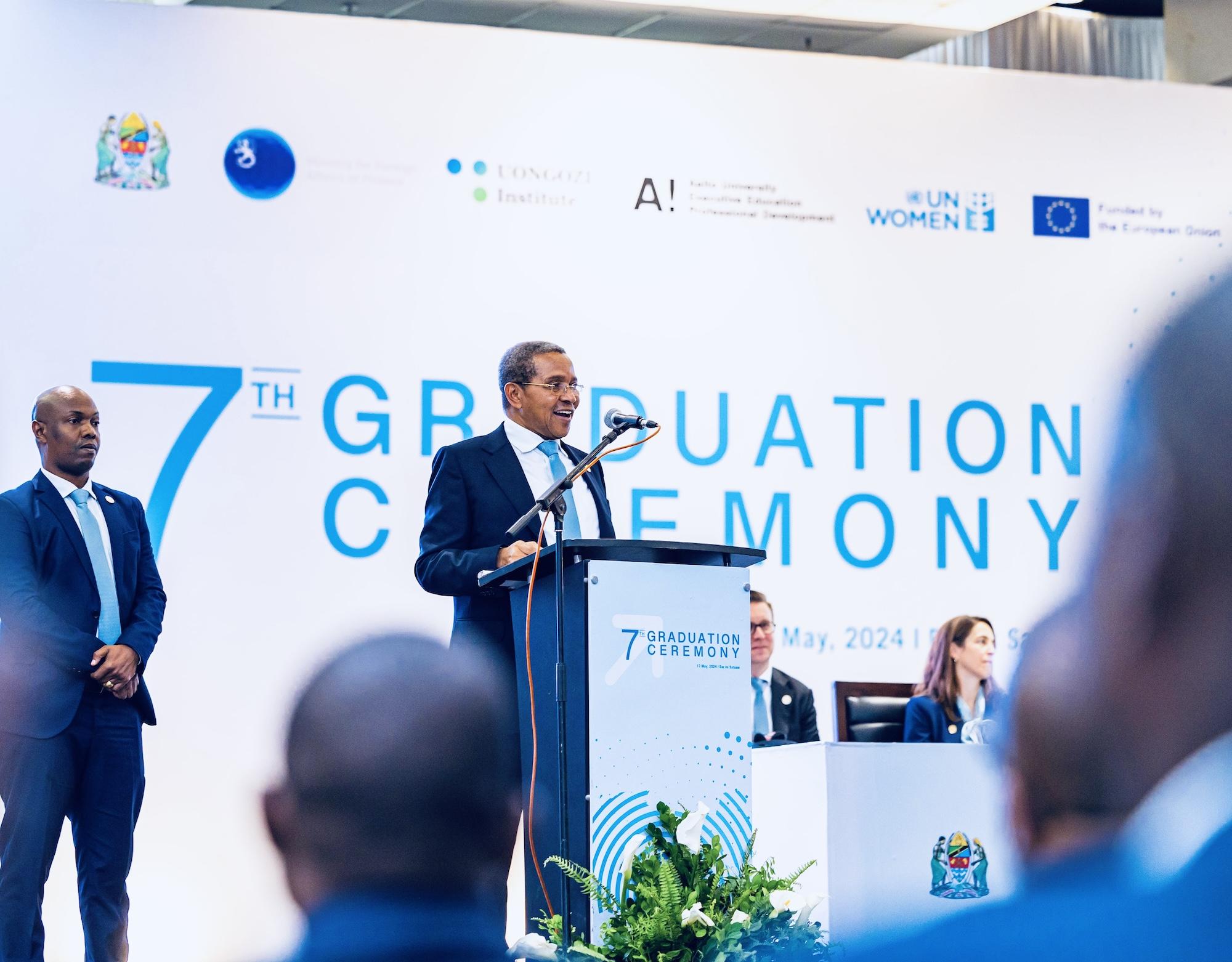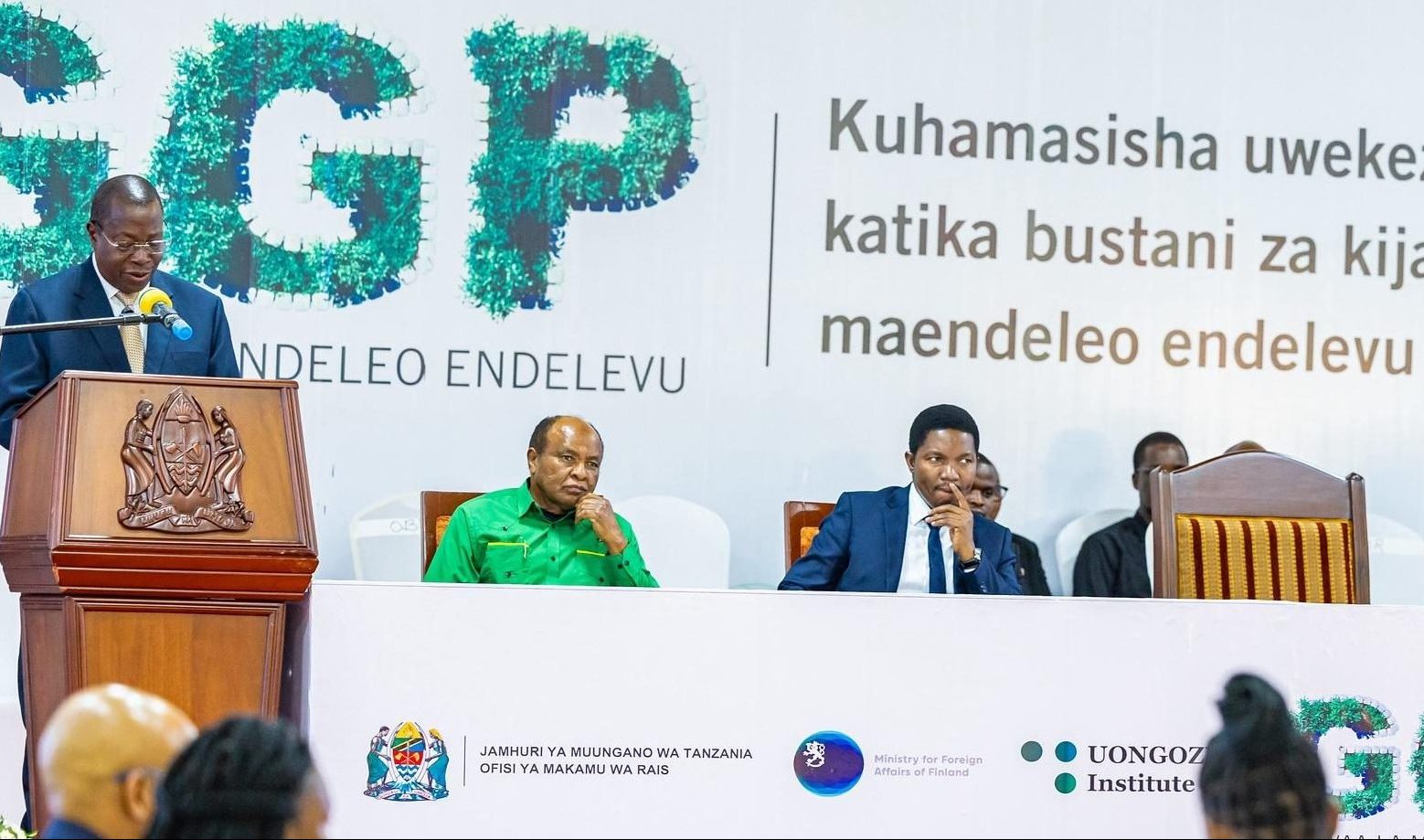The seventh African Leadership Forum (ALF), convened by H.E. Jakaya Kikwete, ALF Patron and fourth President of the United Republic of Tanzania; and H.E. Wamkele Mene, Secretary-General of the African Continental Free Trade Area (AfCFTA) Secretariat, was held in Accra, Ghana from 25 – 26 May 2023. The theme was “Promoting intra-Africa trade to unlock agricultural potential in Africa”.
The forum recognised the AfCFTA as a “game changer” that could create the world’s largest free trading block.
Former president Jakaya Kikwete, however, during his opening remarks, noted: “This important sector has not been able to perform optimally because of the many contraints impeding full exploitation of its potential.”
“The agriculture sector is the only sector with the potential to lift millions out of poverty and permanently change the continent’s path to development,” asserted H.E. Mene in his address, “We need to take a more integrated approach to food systems, starting with agriculture, all the way through to the business of food until it ends on our plates.” He noted a series of AfCFTA Secretariat initiatives to support agri-business, including the Common African Agro-Parks programme, a collaboration with the African Union Commission, Afreximbank, FAO and other partners, to create a policy environment for boosting regional investment in the agriculture trade arena. He made reference to the 2023 Africa Food Summit’s assertion that the continent could feed 9 billion people worldwide by 2050, far more than the current world population.
President Nana Akufo-Addo of Ghana, speaking at the opening plenary, said: “For a continent in possession of a third of the world’s arable land the potential to create prosperity for our peoples through agriculture is immense.” He observed how adding value to agricultural produce could boost intra-African trade, accelerate GDP growth, create new jobs and improve inclusivity while improving the continents ability to deal with price hikes and economic shocks.
Forum participants went on to assert that agri-business requires a “multi-faceted” approach to unlock the potential of the agricultural value chain within the AfCFTA. The Forum called upon wide-ranging stakeholders to be mobilised to overcome constraints to the sectors sustainable development.
A series of recommendations were made by the ministers, ambassadors, academics, business executives and civil society leaders who joined seven former heads of state and Government (both physical and virtually). They included reforms to improve market access with countries committing to trading among themselves, investing in knowledge exchange, trade facilitation (such as improved customs systems) and infrastructure development. Access to affordable financing instruments (credit, insurance and savings) to increase private sector participation in the agri-business sector was considered essential with policies that de-risk lending to the sector while central banks can drive innovative finance products. Governments were also seen as having a role in incentivising market entry for venture capital funding, insurance products and trade finance. The ALF also called upon countries to find market-driven solutions to agriculture and transition away from subsidies.
Scaling up best practices in agriculture to mitigate the current and future impacts of climate change was also seen as crucial for the sustainable future of the sector. Agri-tech and using scientific-based approaches that create more diversified and resilient farming systems were considered as vital responses to this rising challenge.
Finally, the ALF called for “synchronising” development cooperation with international partners and donors with prioritisation going to projects improving agricultural productivity instead of food aid and emergency supplies. It also called for focus upon leveraging partners and a wider diversity of instruments for resource mobilisation to meet the investments required to achieve the agri-business and wider goals of the AfCFTA.
This year’s ALF was organised by UONGOZI Institute in collaboration with the AfCFTA Secretariat.
Read more about ALF.

